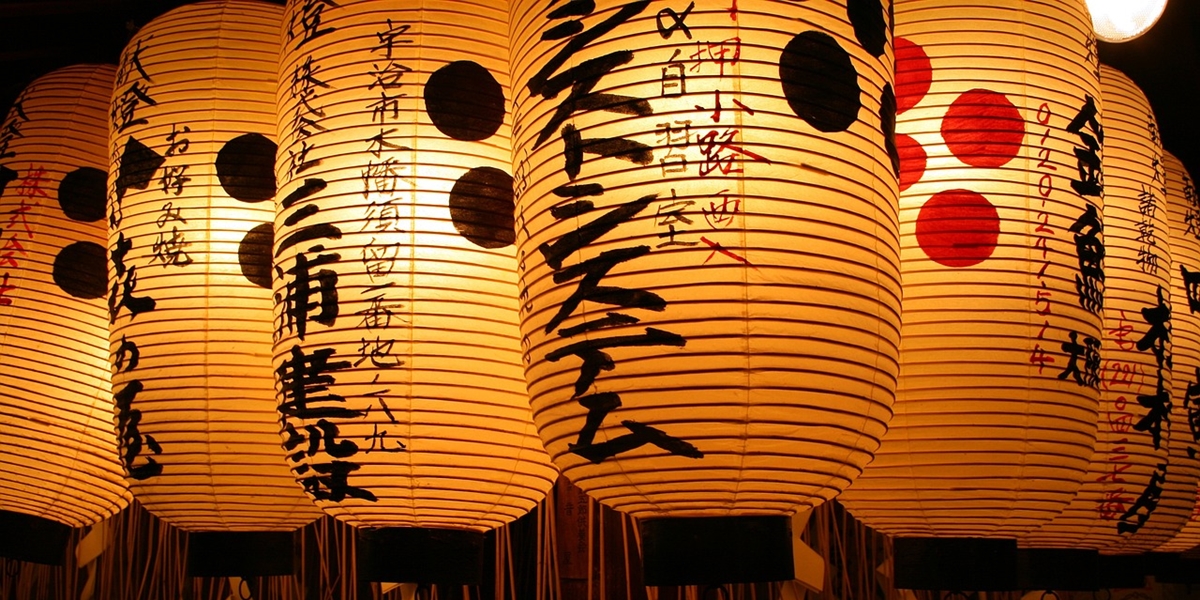4 Meanings of Tongue Twitching According to Javanese Primbon, Could Be a Good Sign and Luck
Curious about the explanation of the meaning of tongue twitching according to Javanese primbon? To find out, just read the following review.

Kapanlagi.com - In daily life, knowing how to say days in Japanese can be a fun and useful skill. In this article, Kapanlagi will discuss how to say each day of the week in formal or informal style, accompanied by light conversation examples.
In the context of a calendar, "hari" in Japanese refers to the names of the days of the week like Sunday, Monday, Tuesday, and so on. On the other hand, in the context of time, "hari" can also refer to the same unit of time as in English, which is 24 hours. So, it depends on the context.
Well, to understand days in Japanese, here's how to say days in Japanese, complete with conversation examples. Let's check it out, KLovers.

Illustration (credit: pixabay.com)
In Japanese, "days" refers to the names of the days of the week, which have formal and informal pronunciations, enriching the cultural wealth. There are 2 ways to pronounce days in Japanese. And here is how to pronounce days in Japanese in formal or complete form:
Sunday = Nichiyobi
Monday = Getsuyobi
Tuesday = Kayobi
Wednesday = Suiyobi
Thursday = Mokuyobi
Friday = Kinyobi
Saturday = Doyobi

Illustration (credit: pixabay.com)
There is another way to pronounce days in Japanese. In addition to using formal terms, there are also more casual or informal ways to pronounce the days. In informal situations, Japanese people often use short words like days in everyday conversation.
So, besides the longer formal terms, they also use shorter and more casual ways. Here is how to pronounce days in Japanese in a more informal way:
Sunday = Nichi
Monday = Getsu
Tuesday = Ka
Wednesday = Sui
Thursday = Moku
Friday = Kin
Saturday = Doyo

Illustration (credit: pixabay.com)
Well, to better understand how to say the days in Japanese, KLovers certainly need to know examples in the form of conversation. Yes, there are 2 examples that will be given by Kapanlagi.
One is an example of how to say the days in Japanese in a formal way, the second is how to say the days in Japanese in a casual way. And here are some examples:
Aiko: "Kon'nichiwa, Ken! Kyo wa nan'yobi desu ka?"
(Meaning: Hello, Ken! What day is it today?)
Ken: "Kon'nichiwa, Aiko! Kyo wa kayobi desu yo."
(Meaning: Hello, Aiko! Today is Tuesday.)
Aiko: "So desu ka, kayobi desu ne. Ashita wa suiyobi desu ne."
(Meaning: Oh, it's Tuesday. Tomorrow is Wednesday.)
Ken: "Hai, so desu. Shumatsu wa doyobi to nichiyobi desu."
(Meaning: Yes, that's right. The weekend is Saturday and Sunday.)
Aiko: "Tanoshimi desu ne! Doyobi wa nani o shimasu ka?"
(Meaning: It's very exciting! What will you do on Saturday?)
Ken: "Doyobi wa tomodachi to ega o mi ni ikimasu."
(Meaning: I will go watch a movie with friends on Saturday.)
Aiko: "Sore wa tanoshiso desu ne! Nichiyobi wa ie de yukkuri sugoshimasu."
(Meaning: It sounds fun! I will relax at home on Sunday.)
Sora: "Hey, Ryo! What day is it today?"
(Meaning: Hey, Ryo! What day is it today?)
Ryo: "Oh, Sora! Today is Monday."
(Meaning: Oh, Sora! Today is Monday.)
Sora: "Hmm, it's Monday. So, what are you going to do tomorrow?"
(Meaning: Hmm, it's Monday. So, what are you going to do tomorrow?)
Ryo: "Ah, tomorrow I plan to hang out with friends."
(Meaning: Ah, tomorrow I plan to hang out with friends.)
Sora: "Sounds good! Let's do something interesting on Thursday too."
(Meaning: Great! Let's do something fun on Thursday too.)
Ryo: "Yeah, let's think of something."
(Meaning: Yes, let's think of something.)
Those are some examples of how to say the days in Japanese correctly. By mastering how to say the days in Japanese, we can better appreciate the beauty of the culture and enhance interactions in daily conversations with more enjoyment.
(kpl/dhm)
Cobain For You Page (FYP) Yang kamu suka ada di sini,
lihat isinya
Curious about the explanation of the meaning of tongue twitching according to Javanese primbon? To find out, just read the following review.
Javanese horoscope future predictions reveal successful weton-weton predictions. Curious, what are those weton? Just read the following review to find out.
Korean dramas in 2024 have released various genres and interesting story conflicts. Like the Korean drama about wealthy families in 2024 below, which takes the background of rich people in Korea with various genres.
Here are ways to quickly fall asleep that only take 30 seconds.
Here is a series of information on checking the Smart Indonesia Program Through Mobile Phones.
Currently, obtaining an NPWP can be done easily, especially online. Here's a quick way to create an NPWP online.
Agricultural activities are often an interesting theme in an anime. Like some recommendations for anime about agriculture below.
Film TRIPLE 9 is an action thriller film directed by John Hillcoat and released in 2016. Here is the complete synopsis of the film TRIPLE 9 along with a list of cast and character explanations.
The film THE DEPARTED, released in 2016, is directed by Martin Scorsese. Here is the complete synopsis of the film THE DEPARTED along with the cast and character explanations.
Curious about how to connect your phone to the TV without a cable? To find out, just read the following review.
There are several Thai dramas about psychopathic horror that you can follow. Here is a list of Thai dramas about psychopathic horror that are exciting and worth not missing.
Films about earthquake disasters not only create dramatic images of the power of nature but also include heroic rescue actions. Check out the recommendations here, KLovers.